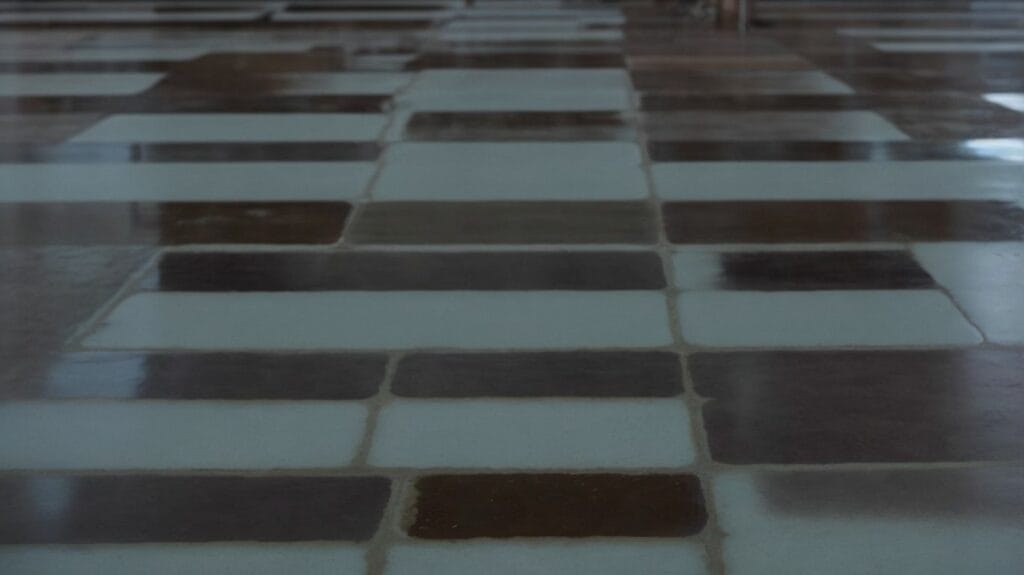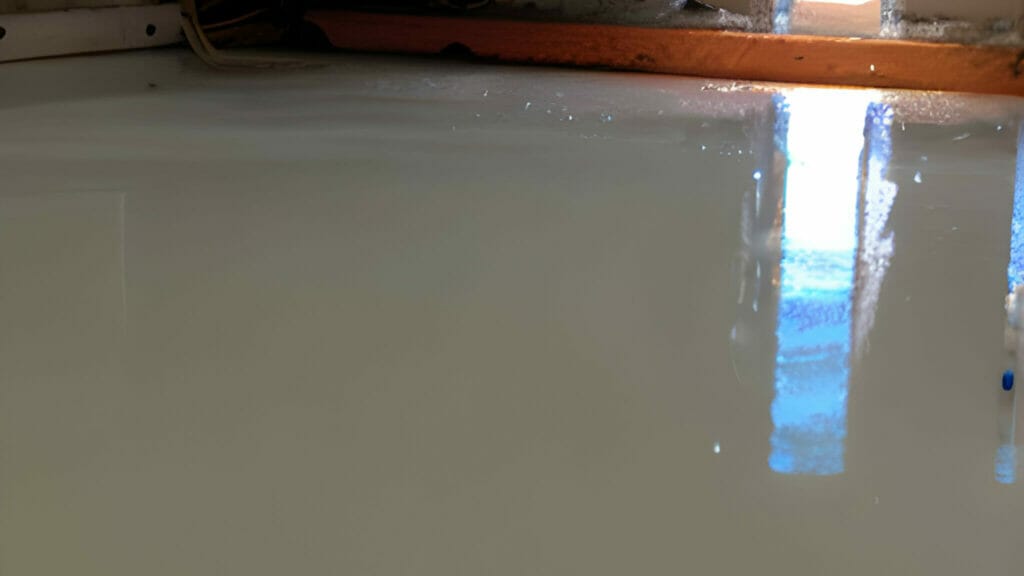Urethane and epoxy are two common types of concrete floor coatings used to protect and enhance the appearance of concrete floors. Both of these coatings are popular for their durability and resistance to various factors such as chemicals, abrasions, and impact. However, there are several differences between urethane and epoxy concrete floor coatings that should be considered before deciding which one to use for your project.
Urethane and epoxy coatings have different chemical compositions, application processes, durability, and costs. Here are some of the key differences between these two types of concrete floor coatings:
- Chemical Composition: Urethane coatings are made from a chemical called isocyanate, while epoxy coatings are made from epoxide resin. This difference in composition contributes to the varying properties of these coatings.
- Durability and Strength: Urethane coatings are known for their flexibility and impact resistance, making them a popular choice for high-traffic areas. Epoxy coatings, on the other hand, are harder and stronger, making them better for environments with heavy machinery or equipment.
- Application Process: The application process for urethane and epoxy coatings also differs. Urethane coatings require a longer curing time and may need multiple coats, while epoxy coatings can be applied in a single coat and cure quickly.
- Resistance to UV Light and Chemicals: Both urethane and epoxy coatings are resistant to chemicals and UV light, but epoxy coatings tend to be more resistant to these factors.
- Cost: In general, urethane coatings tend to be more expensive than epoxy coatings due to their longer curing time and additional coats required.
Based on these differences, it is clear that each type of coating has its strengths and areas where it may be more suitable. For high-traffic areas, urethane coatings may be a better option due to their flexibility and impact resistance. For outdoor use, epoxy coatings may be more suitable due to their superior resistance to UV light. In terms of environmental friendliness, both coatings have low levels of volatile organic compounds (VOCs), but urethane coatings may be slightly more environmentally friendly.
In terms of maintenance, both coatings are relatively easy to clean and maintain, but epoxy coatings may require occasional reapplication in high-traffic areas.
When it comes to design options, both urethane and epoxy coatings can be customized with colors, textures, and patterns, however, epoxy coatings may offer a wider range of design options due to their ability to create a seamless and glossy finish.
In the long run, epoxy coatings may be more cost-effective due to their durability and lower upfront cost. However, this may vary depending on the specific project and maintenance requirements.
In conclusion, both urethane and epoxy coatings have their unique properties and benefits. It is important to carefully consider the specific needs of your project before deciding which type of concrete floor coating to use. Consulting with a professional contractor can also help you determine the best option for your project.
Key Takeaways:
- Urethane and epoxy concrete floor coatings are two popular options for protecting and enhancing concrete floors.
- Despite both being chemical-based coatings, urethane and epoxy have distinct differences in terms of composition, durability, application process, and cost.
- When it comes to high-traffic areas, urethane coatings may be a better choice due to their superior strength and durability.
What Are Urethane and Epoxy Concrete Floor Coatings?
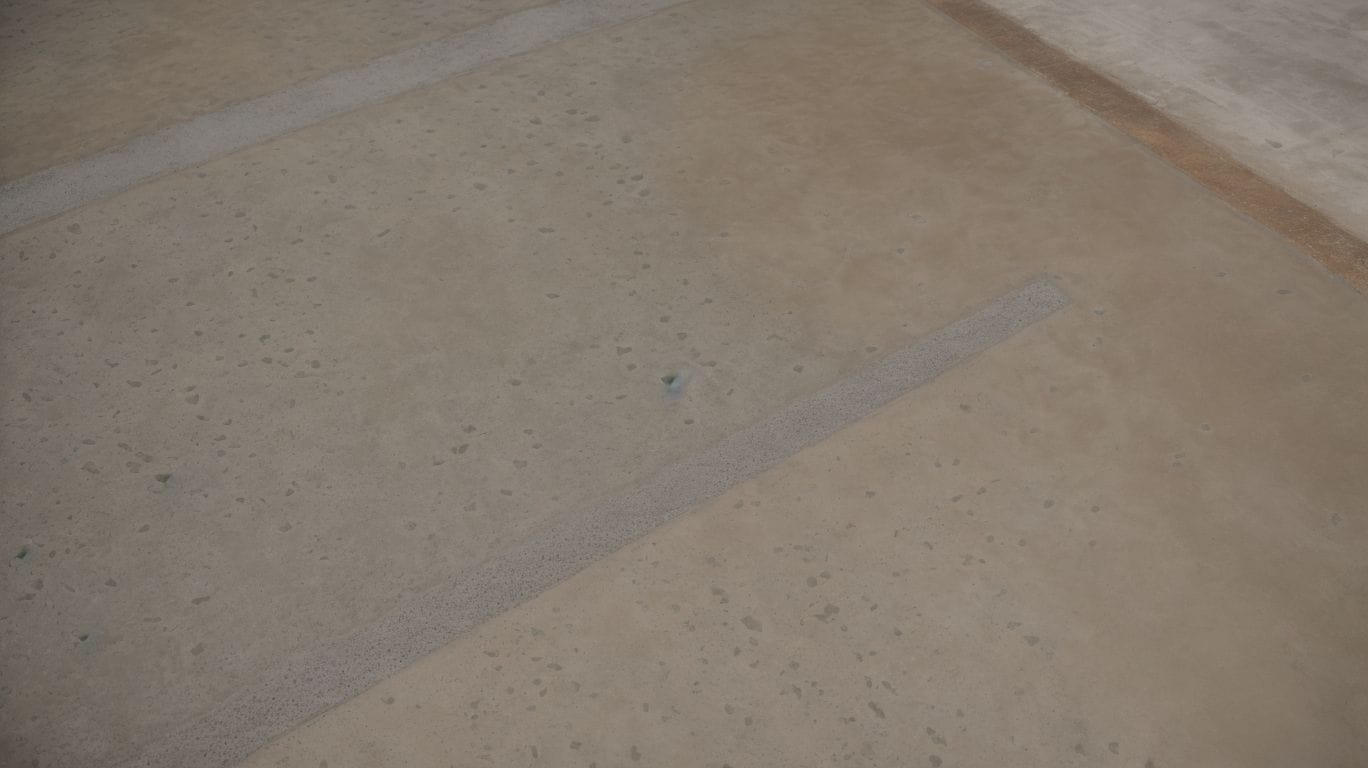
Photo Credits: Diyepoxyresin.Com by Bobby Mitchell
Urethane and epoxy concrete floor coatings are protective layers applied to concrete floors. They have different compositions and performances.
- Urethane Coatings: These coatings are flexible, durable, and resistant to chemicals and abrasion. They are perfect for high-traffic areas such as warehouses and garages.
- Epoxy Coatings: These coatings are rigid, highly adhesive, and suitable for indoor spaces. They provide a glossy finish and are commonly used in commercial and industrial settings.
What Are the Differences Between Urethane and Epoxy Concrete Floor Coatings?
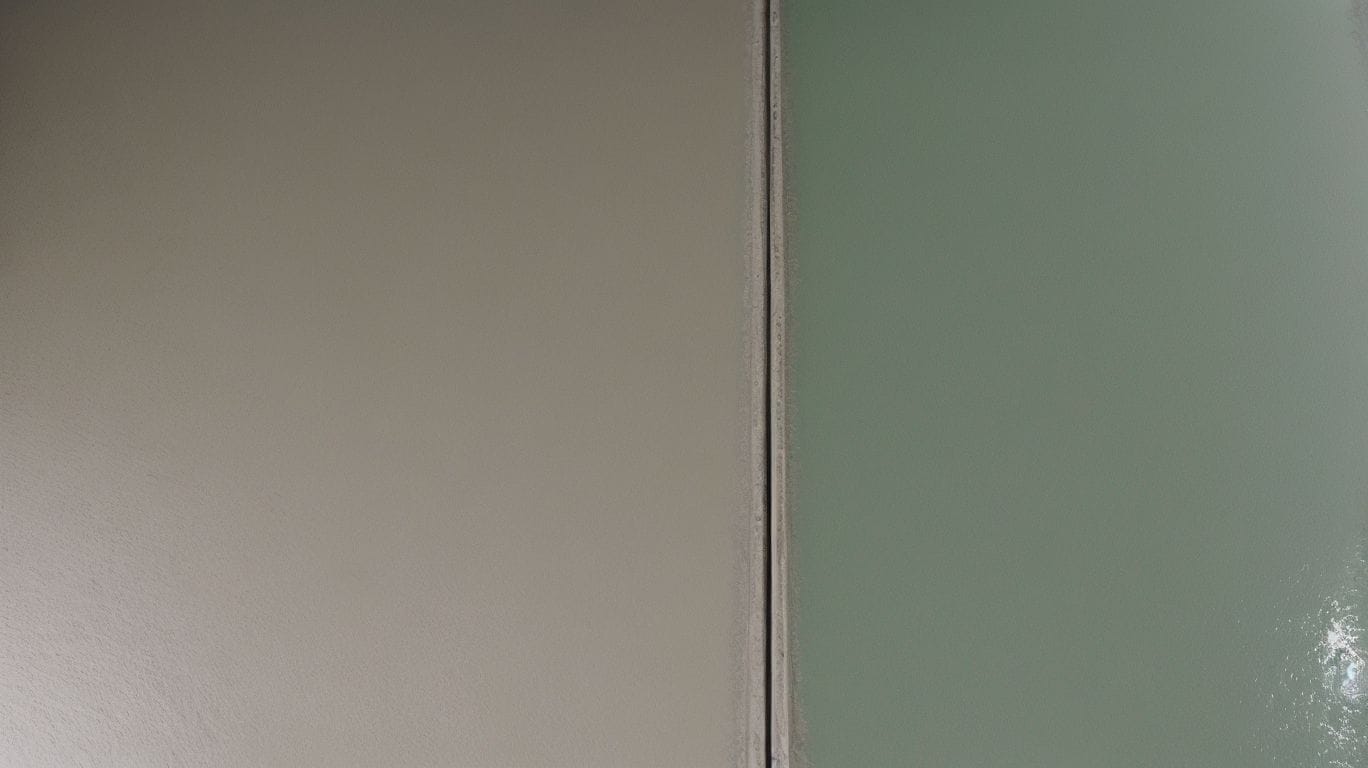
Photo Credits: Diyepoxyresin.Com by Ethan Perez
When it comes to coating concrete floors, two popular options are urethane and epoxy coatings. While both offer protection and enhance the appearance of concrete floors, they possess distinct differences. In this section, we will delve into the various factors that set urethane and epoxy coatings apart. From their chemical composition to their application process and resistance to external elements, we will provide a comprehensive overview of how these coatings differ. So, let’s dive in and discover the unique characteristics of urethane and epoxy concrete floor coatings.
Chemical Composition
| Aspect | Urethane Coatings | Epoxy Coatings |
| Primary Composition | Polyurethane | Epoxide Resin |
| Chemical Structure | Carbamate Groups | Oxygen-Based Structure |
A construction company faced a dilemma in choosing between urethane and epoxy coatings. They researched and discovered that urethane’s chemical composition, specifically its carbamate groups, provided better resistance to certain chemicals, making it the ideal choice for their project.
Durability and Strength
When comparing urethane and epoxy concrete floor coatings, it is important to consider their durability and strength. Urethane coatings are known for their superior durability and strength, making them highly resistant to abrasions, impacts, and chemicals. Epoxy coatings are also durable and strong, providing excellent resistance to wear and tear. However, when it comes to flexibility and impact resistance, urethane coatings surpass epoxy, making them a better choice for high-traffic areas and outdoor use.
Application Process
- Surface Preparation: Clean the concrete surface thoroughly, removing any dirt, oil, or grease, and repair any cracks or imperfections.
- Primer Application: Apply a suitable primer to enhance adhesion between the concrete and the coating.
- Mixing and Application: Follow the manufacturer’s instructions to mix the coating materials and apply them evenly using the recommended tools.
- Drying and Curing: Allow the coating to dry and cure according to the specified time and environmental conditions.
- Topcoat Application: If necessary, apply a topcoat to provide additional protection and finish.
The use of concrete coatings dates back to ancient civilizations such as the Romans, who used various materials to enhance the durability and aesthetics of concrete floors in their architectural feats. This Application Process has been refined over time and is still used today to ensure the best results for concrete surfaces.
Resistance to UV Light and Chemicals
When it comes to resistance to UV light and chemicals, epoxy floor coatings offer superior protection compared to urethane coatings. This is because epoxy coatings are specially formulated with additives that make them highly resistant to the damaging effects of UV rays and harsh chemicals. This makes them the perfect choice for outdoor use and in areas where exposure to chemical spills or cleaning agents is common. While urethane coatings are also durable, they may not provide the same level of defense against UV light and chemicals as epoxy coatings do.
Cost
Cost is a crucial factor when choosing between urethane and epoxy concrete floor coatings. Epoxy coatings are typically more cost-effective upfront, with lower material and installation costs. However, urethane coatings offer long-term cost benefits due to their exceptional durability, reducing the need for frequent recoating and maintenance. Consider the initial investment versus long-term savings to make a cost-effective decision for your specific flooring requirements.
Which One Is Better for High-Traffic Areas?
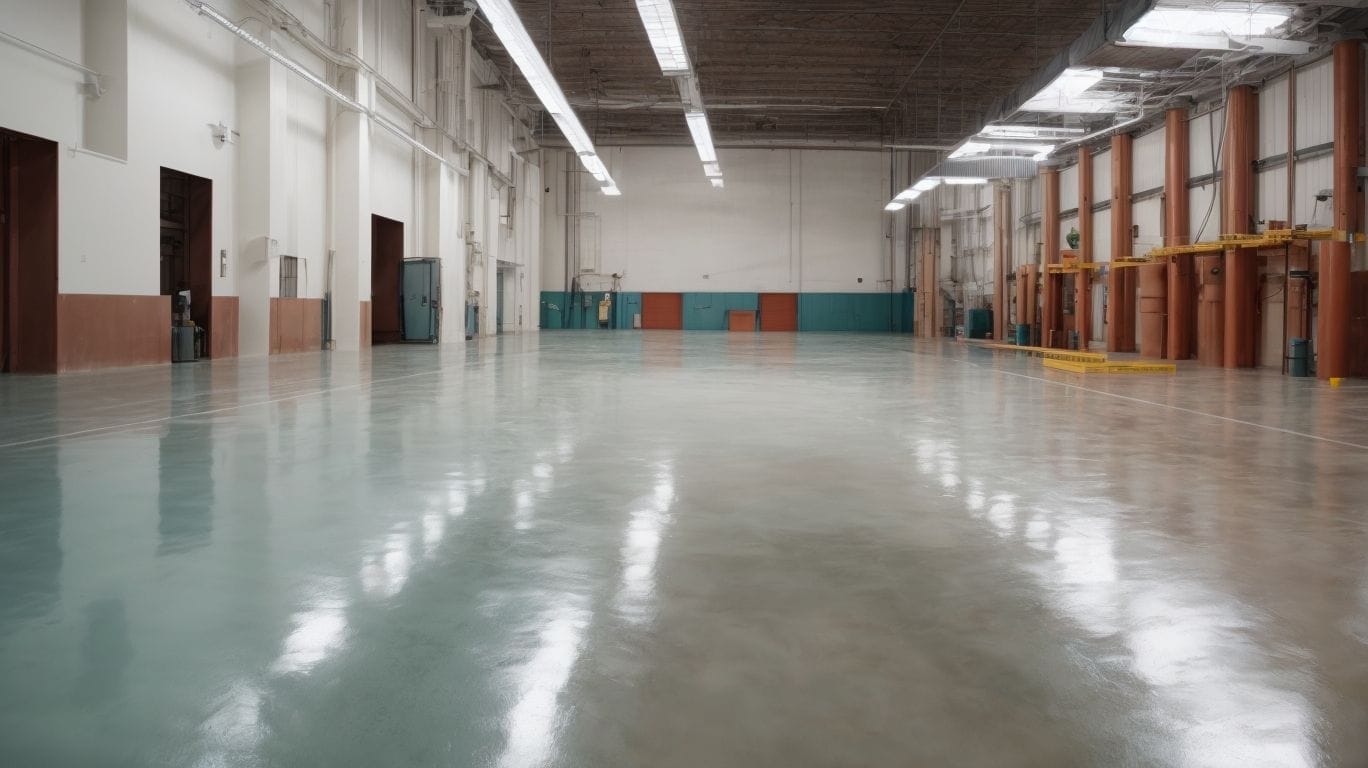
Photo Credits: Diyepoxyresin.Com by Ronald Martin
When choosing between urethane and epoxy coatings for high-traffic areas, it is essential to consider factors such as durability, ease of maintenance, and cost-effectiveness.
- Durability: Urethane coatings provide exceptional resistance to abrasion, chemicals, and UV rays, making them the ideal choice for heavy foot traffic and industrial settings.
- Ease of maintenance: Epoxy coatings are easier to clean and maintain, making them suitable for areas with constant use and frequent cleaning.
- Cost-effectiveness: Although urethane coatings may have a higher upfront cost, their longevity, and minimal maintenance requirements can make them more cost-effective in the long run.
In the 1950s, the development of epoxy resins revolutionized various industries, from construction to aerospace, due to their exceptional bonding and protective properties.
Which One Is More Suitable for Outdoor Use?
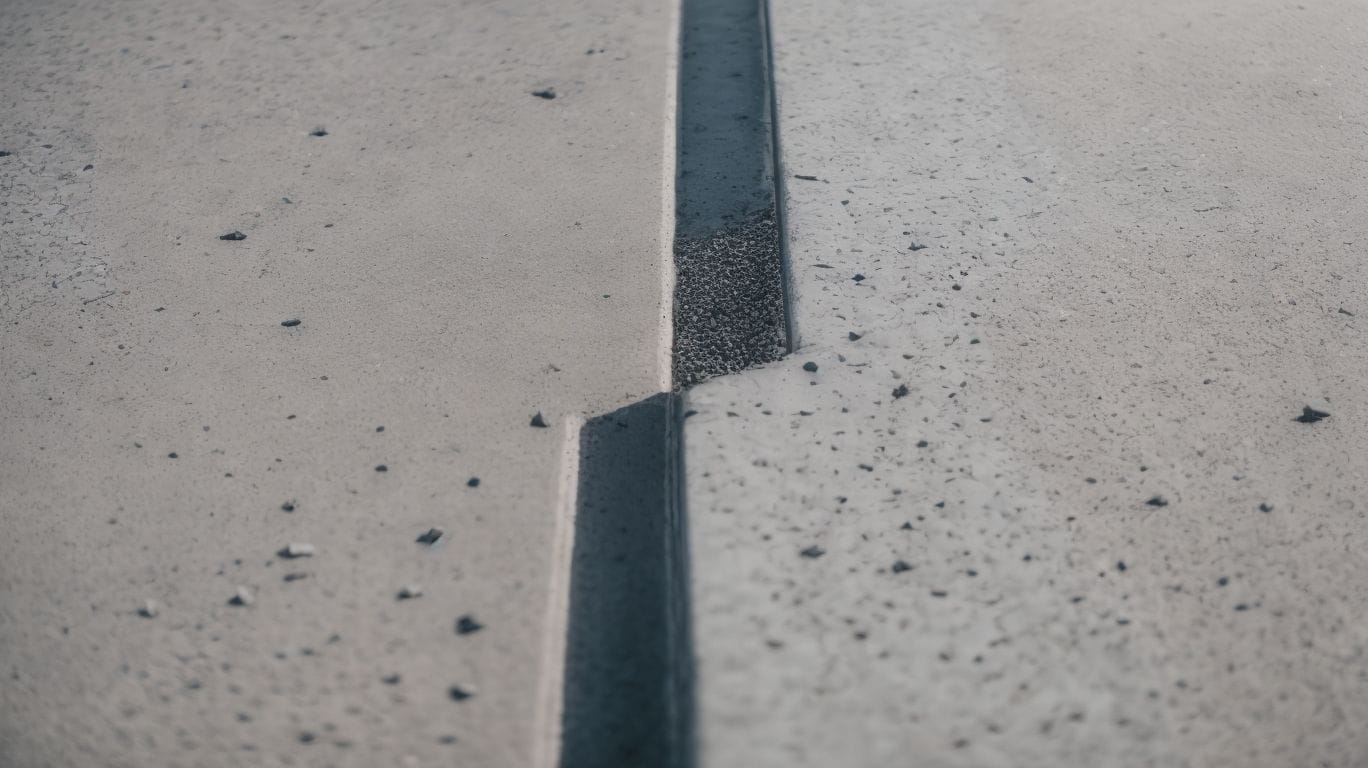
Photo Credits: Diyepoxyresin.Com by Bryan Williams
When determining the best choice between urethane and epoxy concrete floor coatings for outdoor use, it is important to consider the environmental conditions and specific requirements.
Urethane coatings are highly recommended for outdoor use due to their exceptional UV resistance and ability to withstand harsh weather conditions.
On the other hand, epoxy coatings, although durable, may experience color fading and degradation when exposed to direct sunlight, making them less suitable for outdoor applications.
Which One Is More Environmentally Friendly?
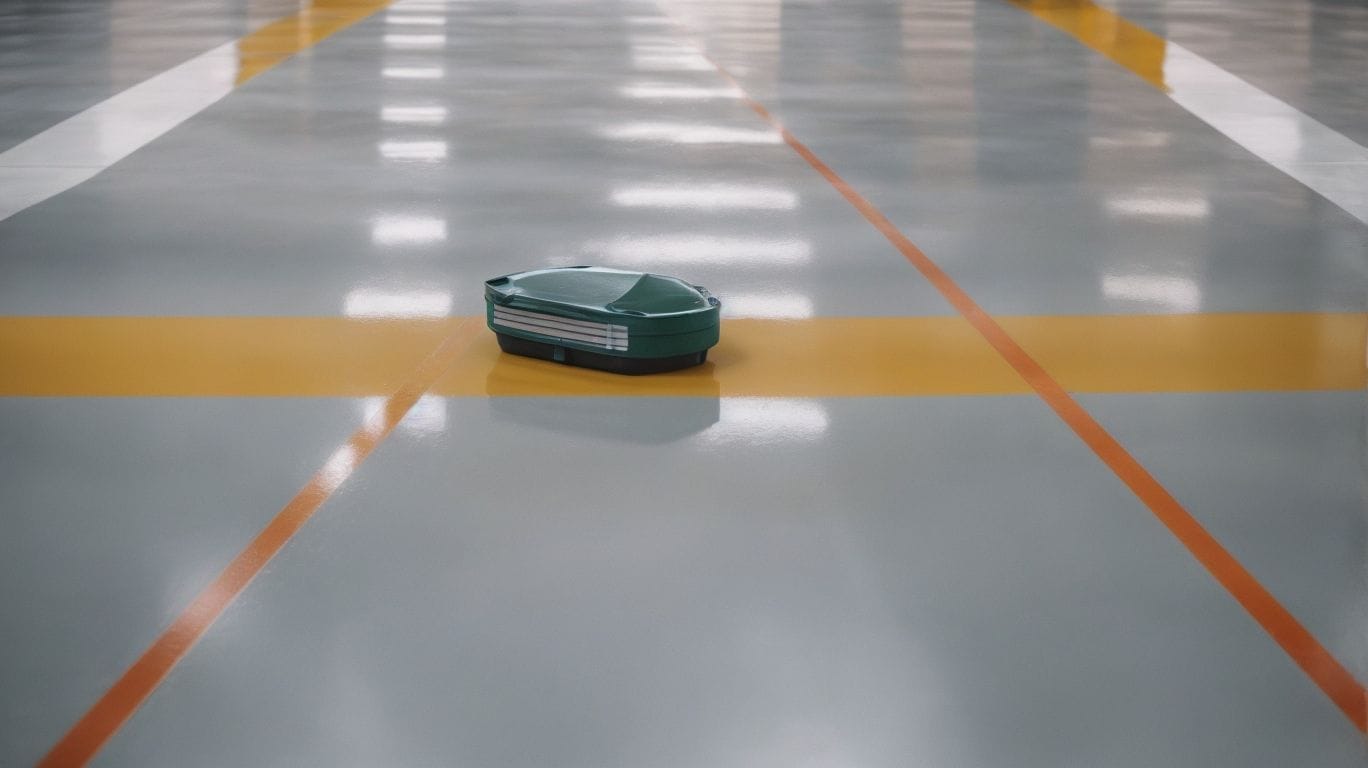
Photo Credits: Diyepoxyresin.Com by Adam Williams
When choosing between urethane and epoxy concrete floor coatings, it’s important to consider which one is more environmentally friendly. Urethane coatings are typically seen as the more eco-friendly option due to their lower levels of volatile organic compounds (VOCs) compared to epoxy coatings. Additionally, urethane coatings have a longer lifespan, reducing the need for frequent reapplication and minimizing waste. By prioritizing urethane coatings, we can contribute to sustainable and environmentally friendly practices in maintaining flooring.
Opting for urethane coatings is a great way to minimize our environmental impact and promote sustainability in flooring solutions.
Which One Is Easier to Maintain?
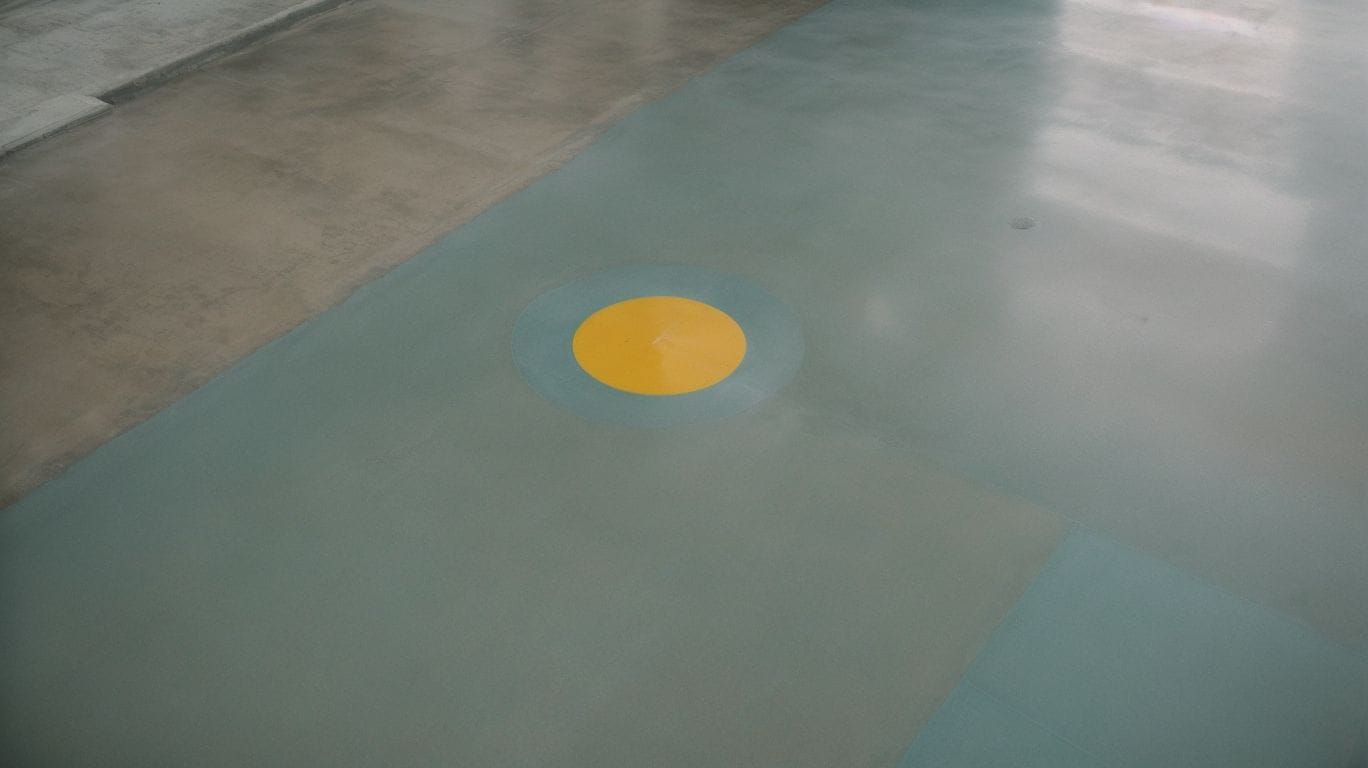
Photo Credits: Diyepoxyresin.Com by Walter Garcia
When considering which type of coating to use for concrete floors, it’s important to compare urethane and epoxy options in terms of maintenance.
Generally, epoxy coatings are easier to maintain due to their resistance to chemicals, stains, and abrasions. They are also more durable and require less frequent maintenance compared to urethane coatings. However, both types of coatings still require regular cleaning and occasional reapplication to ensure long-lasting performance.
Which One Is More Versatile in Terms of Design Options?
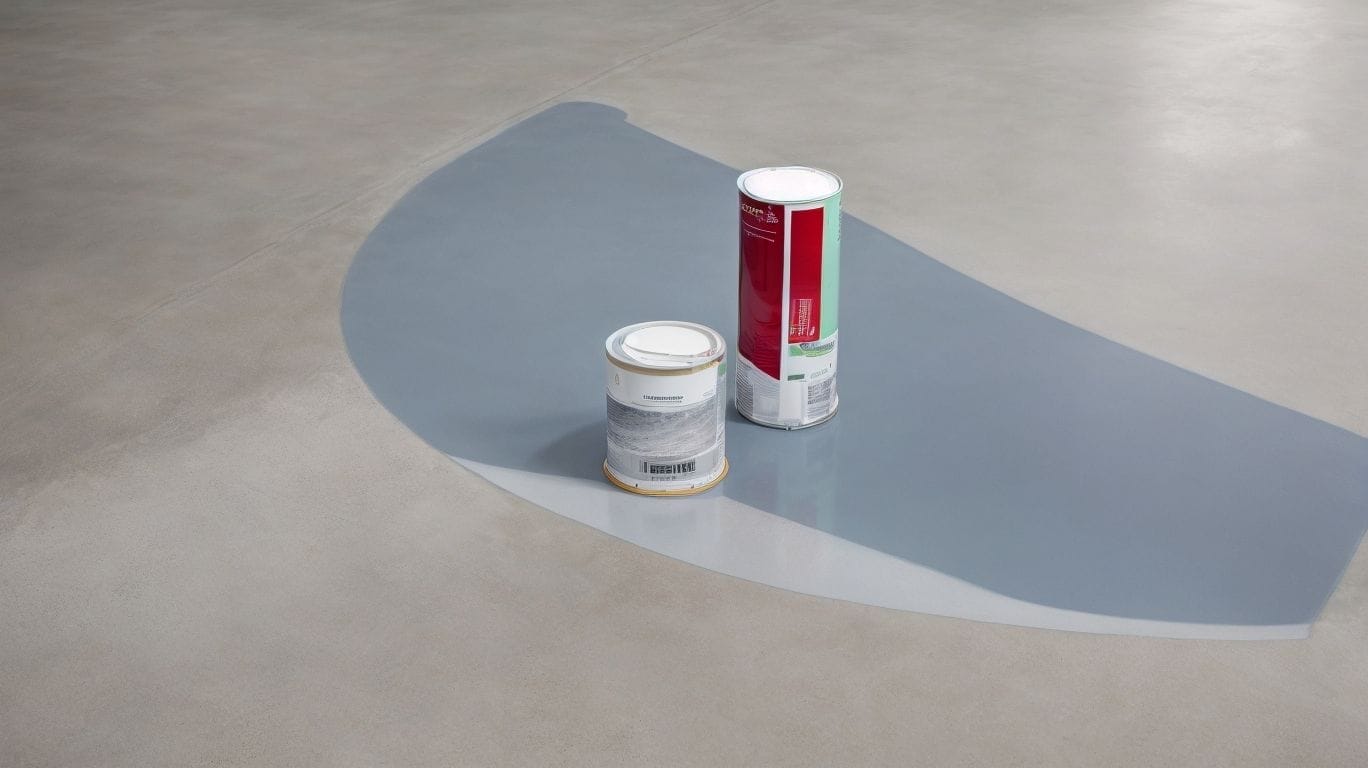
Photo Credits: Diyepoxyresin.Com by Mason Jackson
When deciding between urethane and epoxy concrete floor coatings, consider which one offers more versatility in terms of design options. Epoxy coatings offer a wide range of colors, patterns, and textures, making them highly versatile for creating visually appealing surfaces. On the other hand, urethane coatings also provide design flexibility but are more commonly used for their high-performance attributes, such as durability and chemical resistance.
For projects focused on design, epoxy coatings may be the preferred choice due to their extensive decorative options. In contrast, urethane coatings are better suited for industrial or commercial settings that require strong and durable flooring solutions.
Which One Is More Cost-Effective in the Long Run?
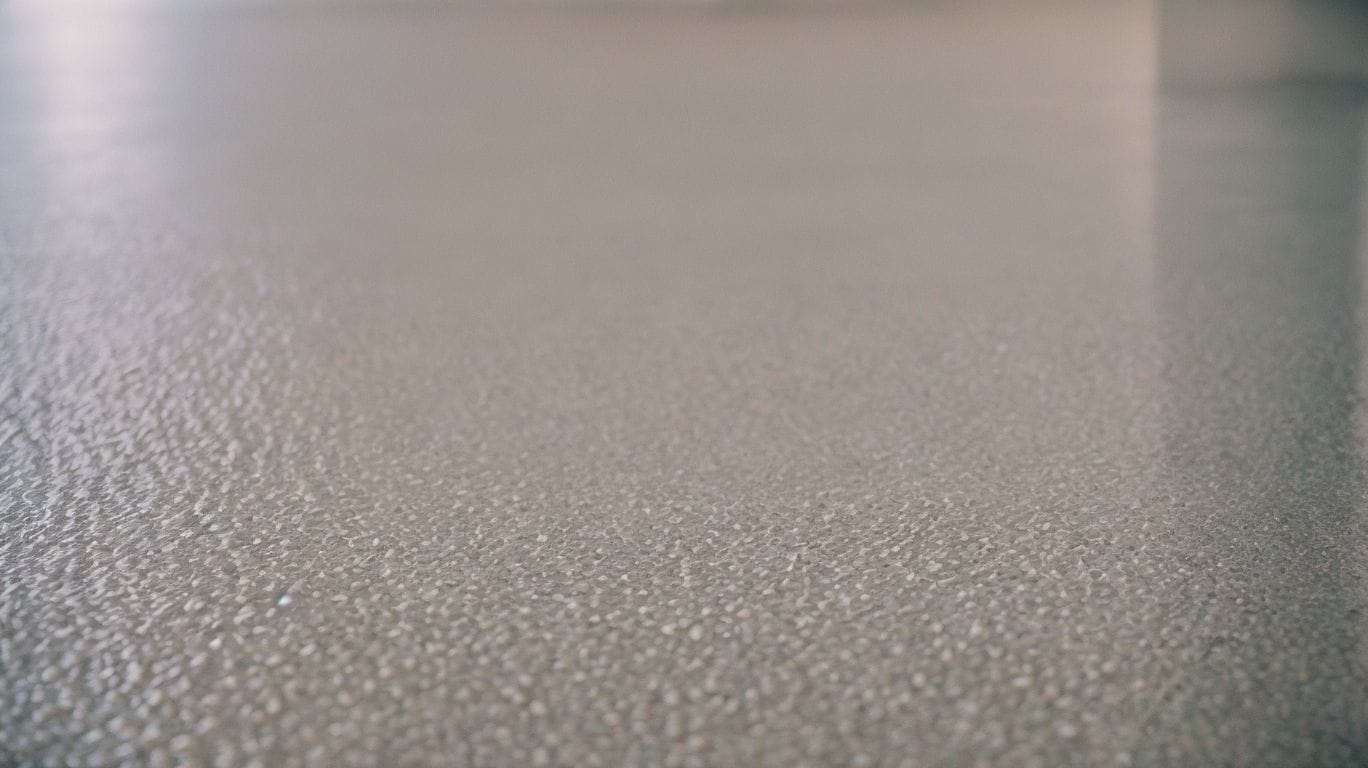
Photo Credits: Diyepoxyresin.Com by Douglas Walker
When considering cost-effectiveness in the long run between urethane and epoxy concrete floor coatings, urethane stands out as the clear winner. Although epoxy may have a lower initial cost, the durability and low maintenance of urethane make it the more cost-effective option over time. With fewer touch-ups and repairs needed, urethane can result in significant savings in the long run.
